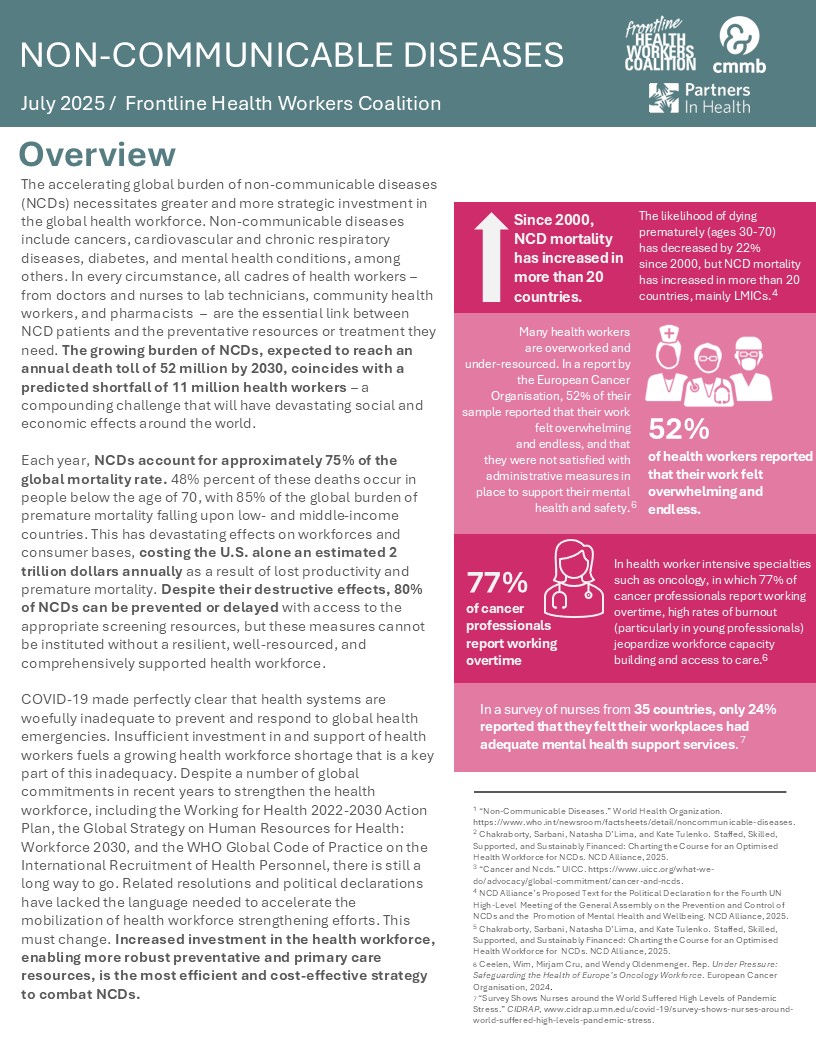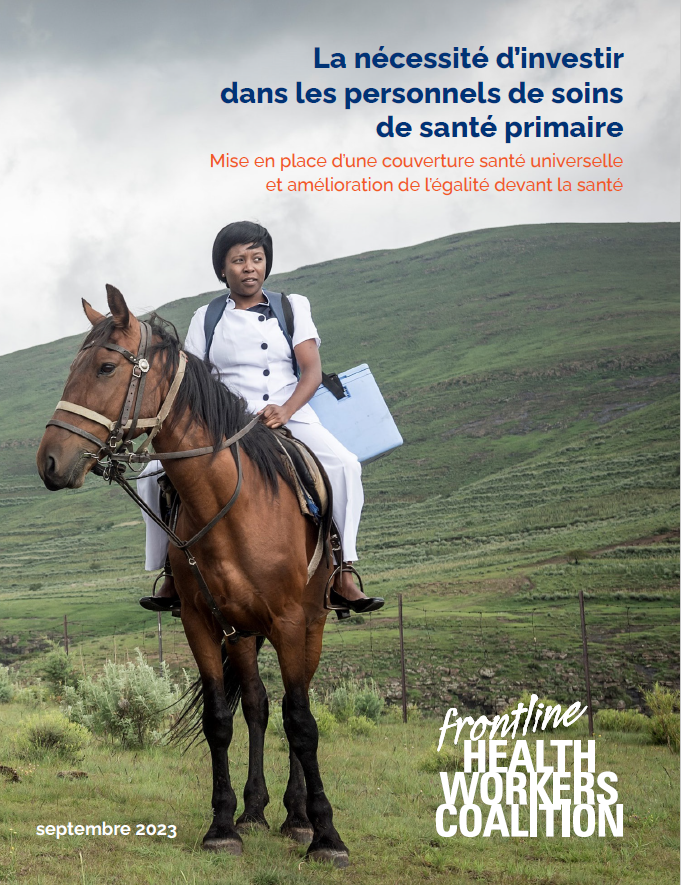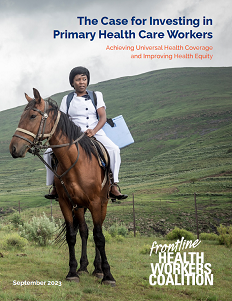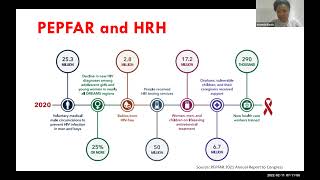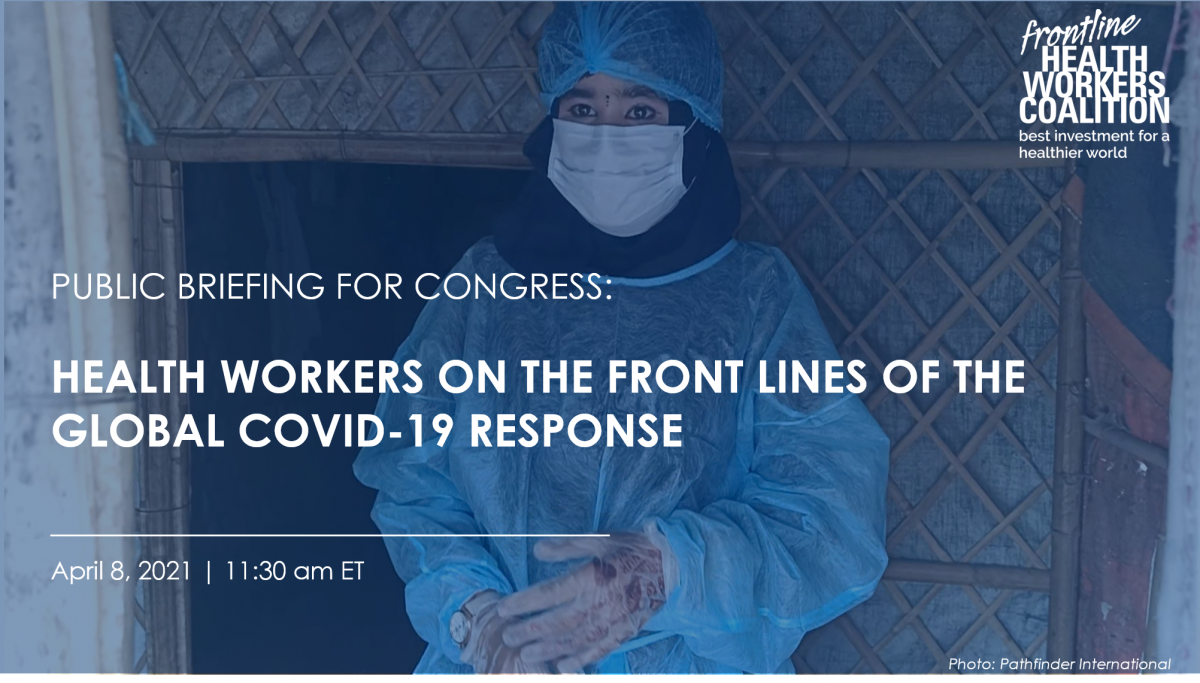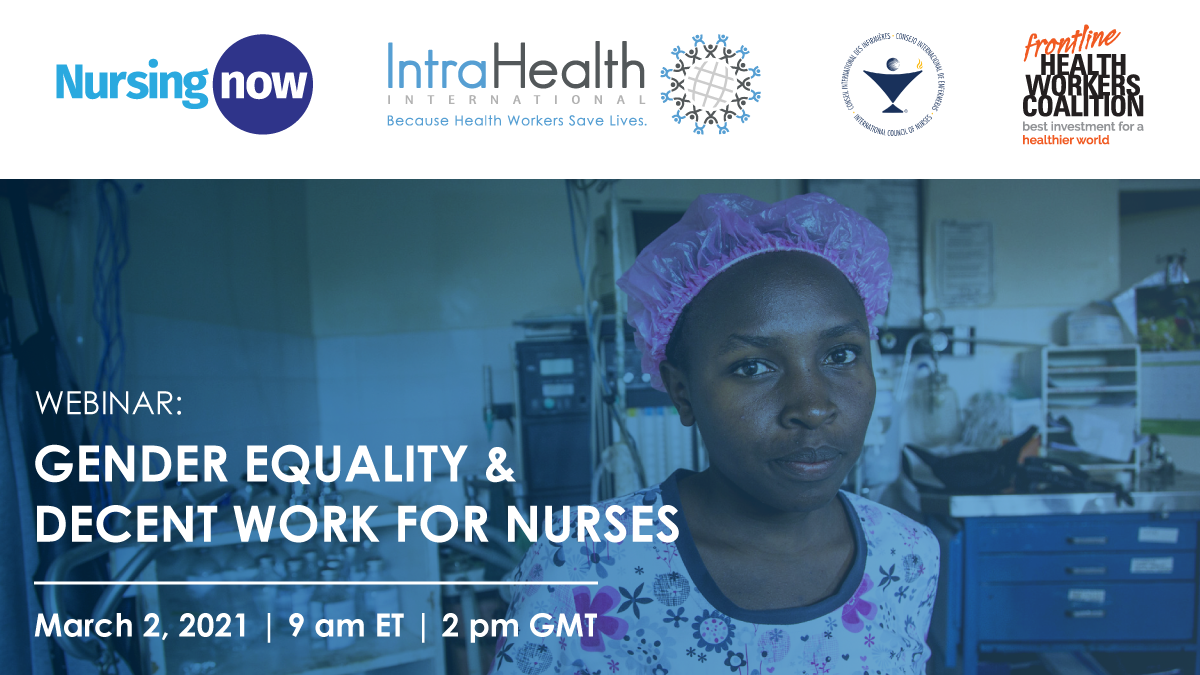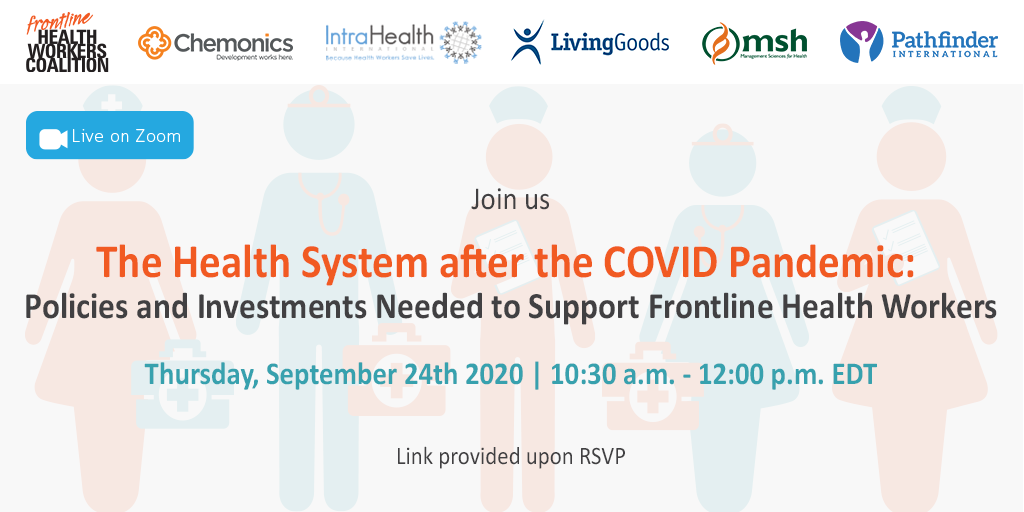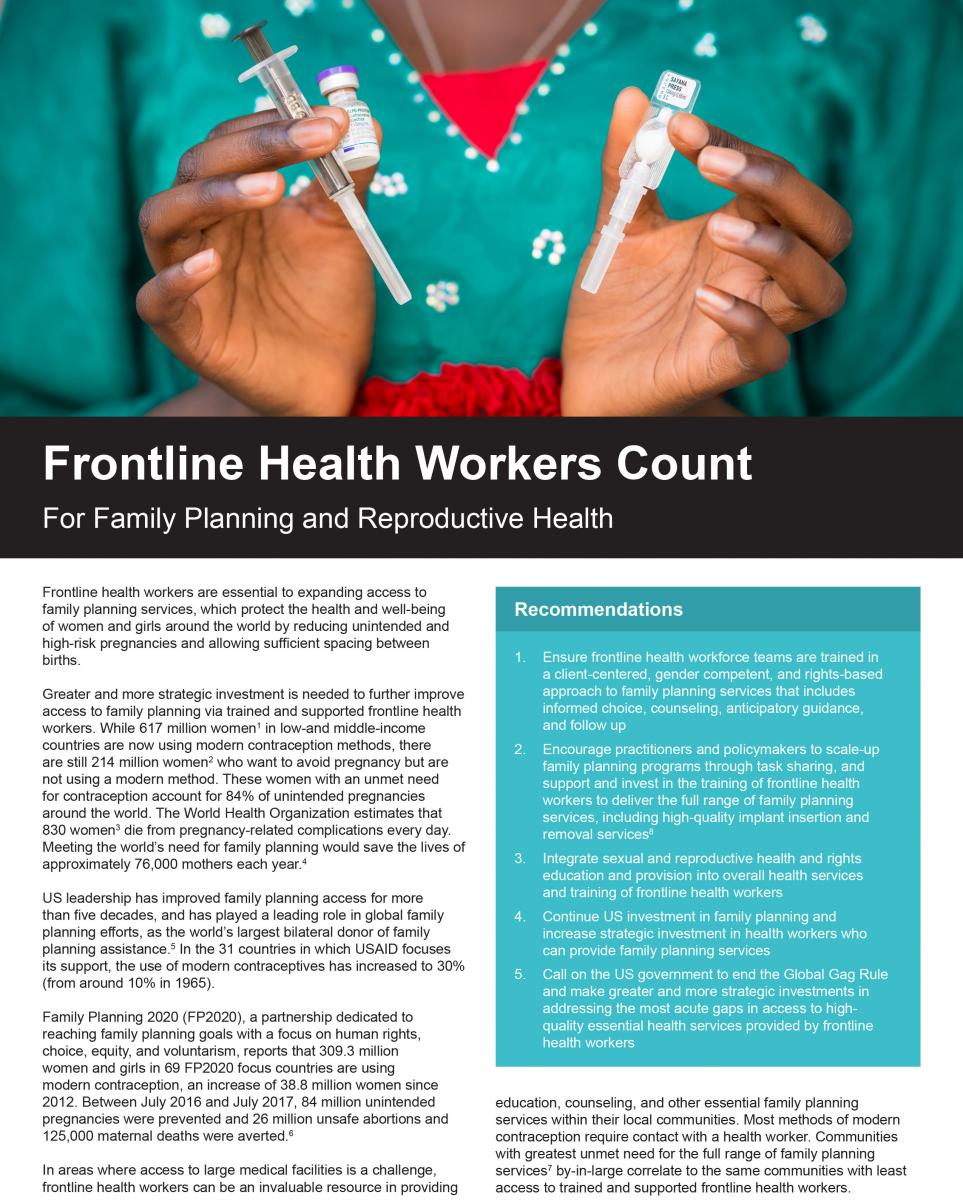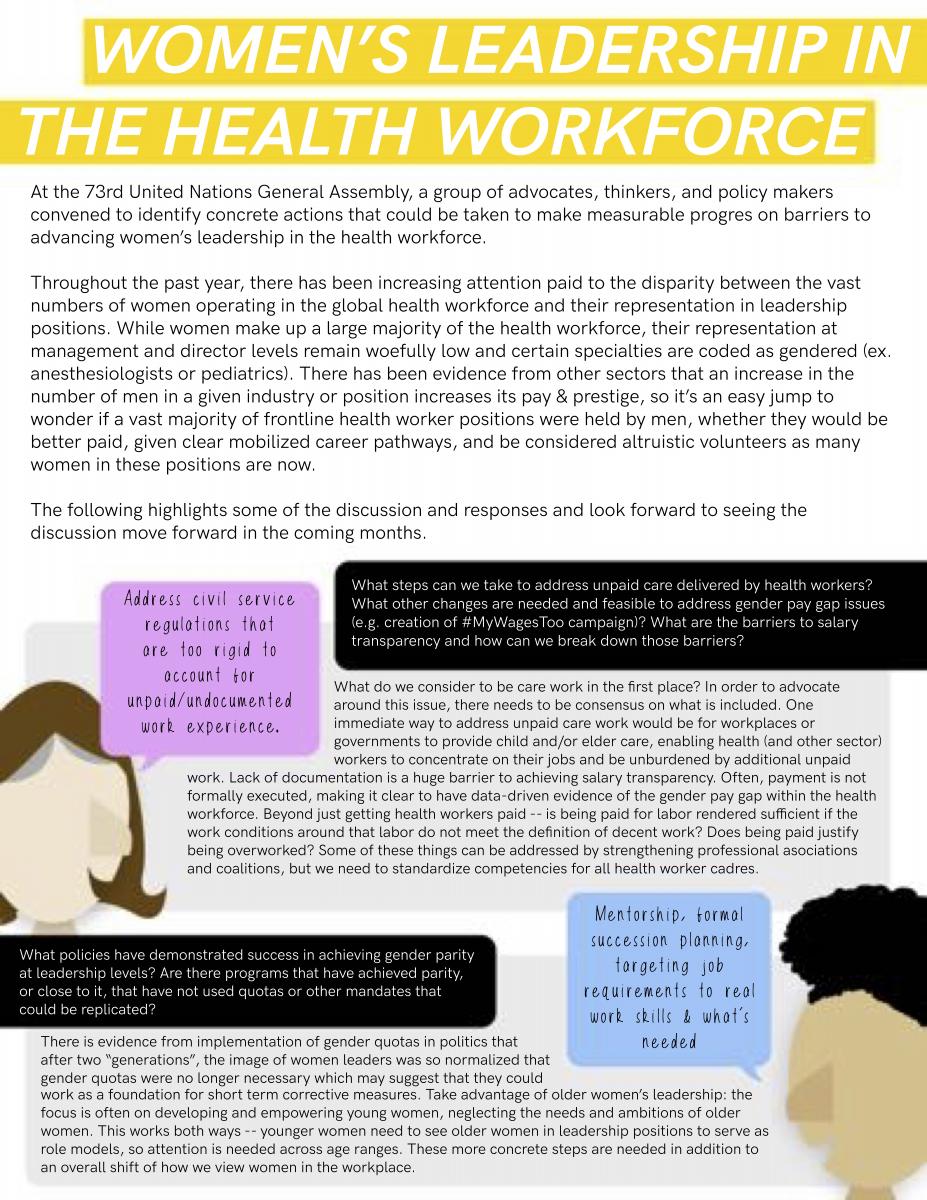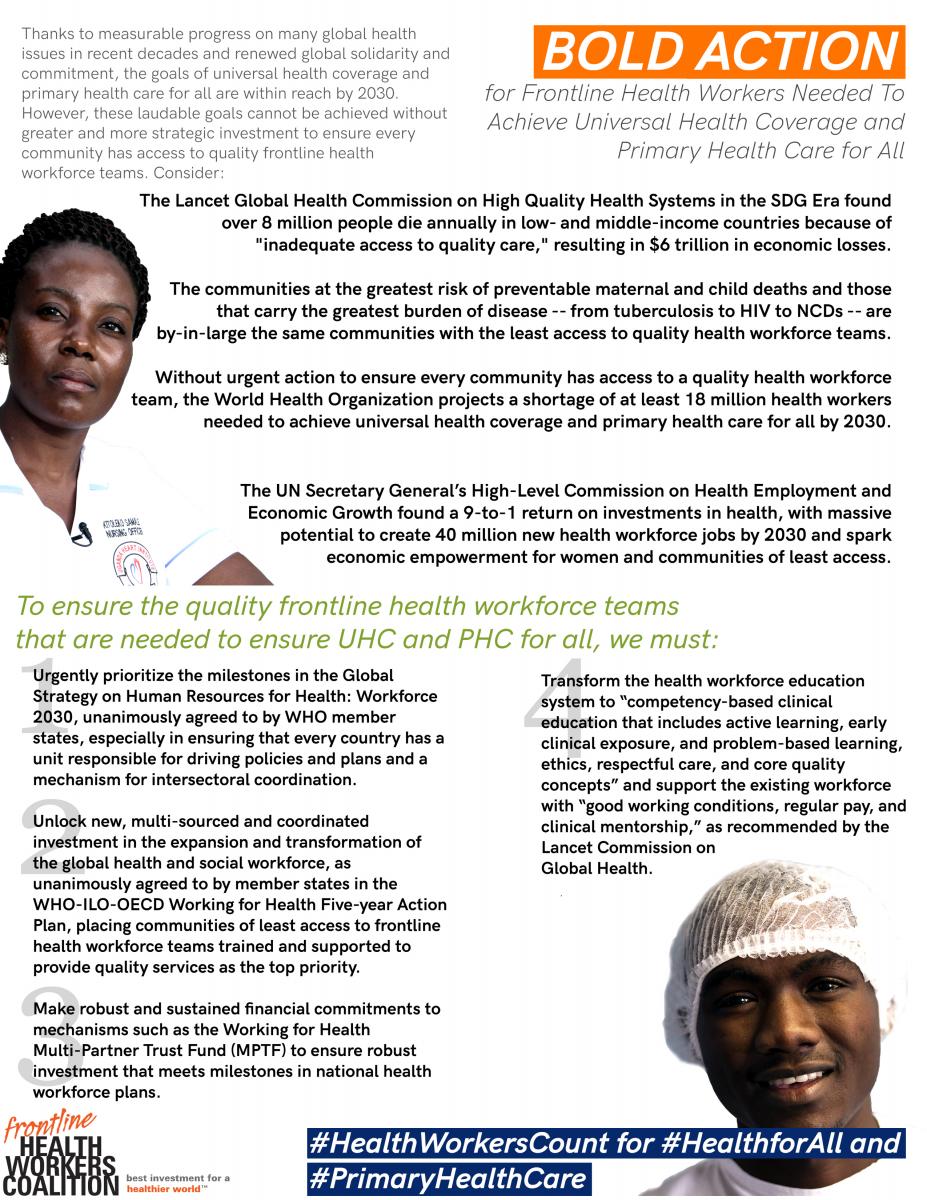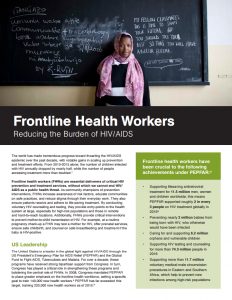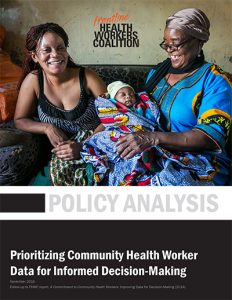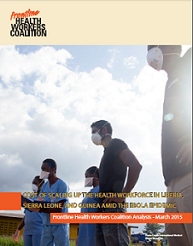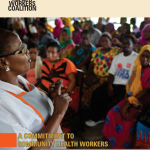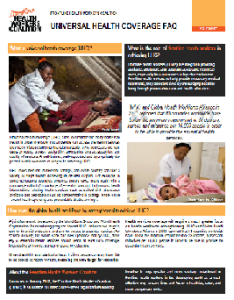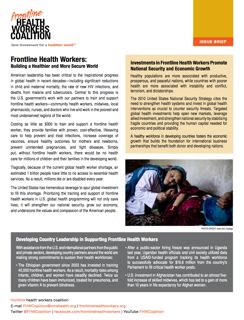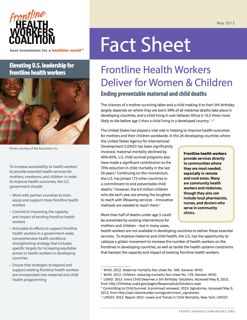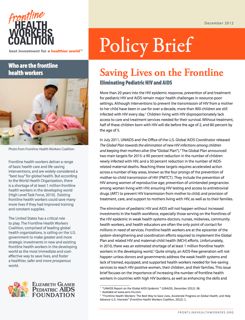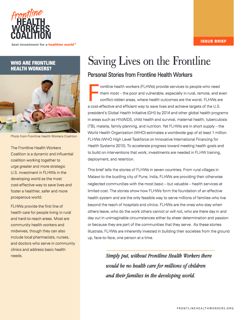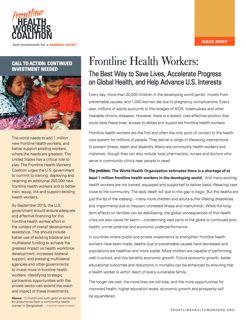Issue Brief: Increased Investment in the Health Workforce is Imperative in the Fight to Reduce the Global Toll of Non-Communicable Diseases
August 2025
Ahead of the UN High-Level Meeting on the Prevention and Control of Non-Communicable Diseases and the Promotion of Mental Health and Well-Being, the Coalition advocates for increased investment in health workers to enable more resilient and responsive health systems that are better equipped to combat the global burden of non-communicable diseases (NCDs). This brief summarizes the roles and necessity of trained, compensated, protected, and supported health workers in alleviating the disease burden of NCDs, and details our recommendations alongside illustrative program features from our members.

